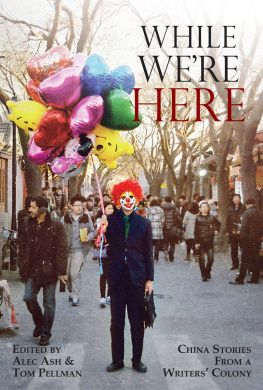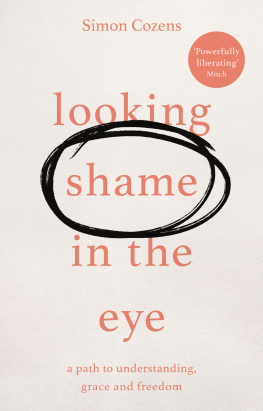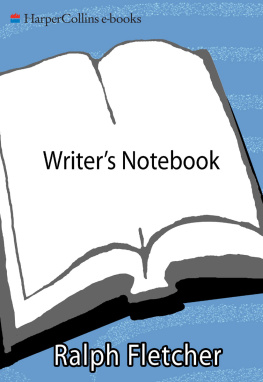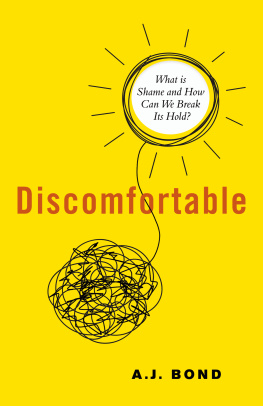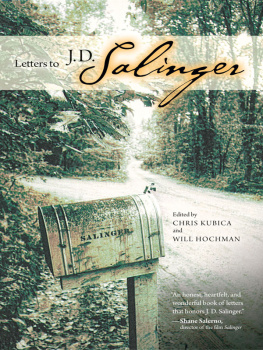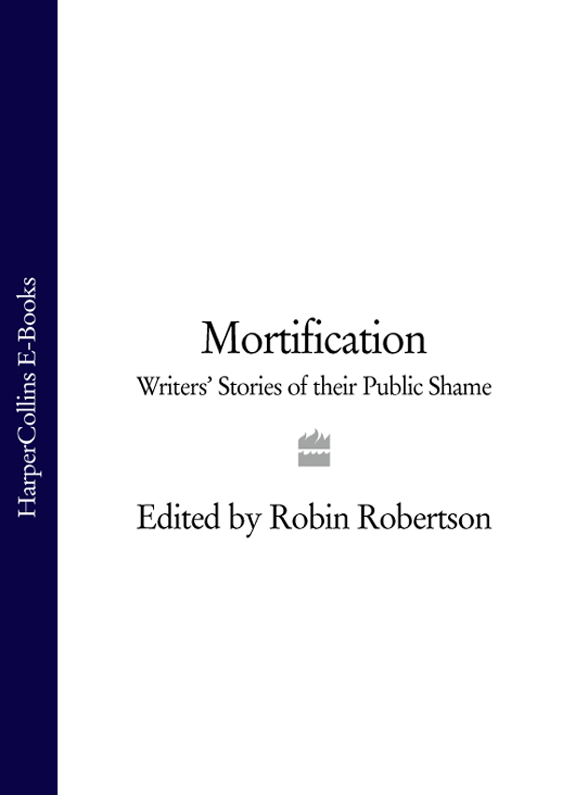to Ramona
I can date, with some precision, the genesis of this project. It was midwinter in Manchester; a cold, wet November evening many years ago. The audience in the city-centre bookshop was unusually small, but I bravely attributed this to the big match being played that night at Old Trafford. Two poems into my reading I looked up confidently, over the heads of the half-dozen, and saw, being pressed flatly against the plate-glass, a pair of huge white buttocks. Then a second. Then the rest of the back four. It is hard to regain ones composure after being mooned at by a passing group of United supporters particularly when they begin to outnumber the audience.
Humiliation is not, of course, unique to writers. However, the world of letters does seem to offer a near-perfect microclimate for embarrassment and shame. There is something about the conjunction of high-mindedness and low income that is inherently comic; something about the presentation of deeply private thoughts carefully worked and honed into art over the years to a public audience of strangers, that strays perilously close to tragedy. It is entirely possible, I believe, to reverse Audens dictum that art is born out of humiliation.
Having spent many years in the company of writers before and after public engagements, I have been regularly entertained by their tales of past deflations, and struck by their willingness to turn abasement into anecdote. These are the best stories, I think: those told against the teller. And for the reader, apart from the sheer schadenfreude of it all, there is admiration too: for that acknowledgement of human frailty, of punctured pride, but also of the seeming absurdity of trying to bring private art into the public space.
Many of the stories collected in this book concern the audience (or, more commonly, the lack of one), fellow readers, the organizer, the venue, the hospitality, or the often interminable journey there and back. Then there are the experiences of teaching and being taught, reviewing and being reviewed, of festivals, panel discussions, symposia, signing sessions, literary parties and prizes, and the trips abroad, with all the attendant joys of translation. Finally there are also the forays into other media particularly the bright worlds of television and radio that can bring so many more people to share in your shame. Griefs handmaiden through all this, it need hardly be said, is alcohol in all varieties but only one size: too much. Drink courses through these pages like a Biblical flood.
Despite inviting as many women as men to join this grim celebration, there is a distinct preponderance of male writers. This did not come as a huge surprise: the statistics show that the male of the species is more prone to indignity or more used, at least, to having his indignities displayed in public. The Scots and Irish are out in force, but those countries are as I know to my cost the very cradles of shame. Nor do I make any excuse for the high proportion of poets. The whole enterprise of writing poetry is a de facto folly. These people devote days to single lines and years to preparing each slim collection, and then publish their work into a yawning maw of indifference. The poet, as Baudelaire explains,
is like the prince of the clouds,
who rides the tempest and spurns the archer;
exiled on the ground, amid scorn and derision,
his giant wings prevent his walking.
The wings, certainly, but also the three bottles of house white.
While there are occasional undercurrents of seriousness in these stories a desire for something between expiation and exorcism, perhaps their main intention is to make us laugh, while feeling a strong sense of there, but for the grace of God, go I. It is greatly to the credit of all the contributors that they have embraced their mortification so warmly returning to the scene of the crime and leading us, hot-faced, through their hell.
Futility: playing a harp before a buffalo. Burmese proverb
Mortifications never end. There is always a never-before-experienced one waiting just around the corner. As Scarlett OHara might have said, Tomorrow is another mortification. Such anticipations give us hope: God isnt finished with us yet, because these things are sent to try us. Ive never been entirely sure what that meant. Where there is blushing, there is life? Something like that.
While waiting for the mortifications yet to come, when Ill have dentures and theyll shoot out of my mouth on some august public occasion, or else I will topple off the podium or be sick on my presenter, Ill tell you of three mortifications past.
Early period
Long, long ago, when I was only twenty-nine and my first novel had just been published, I was living in Edmonton, Alberta, Canada. It was 1969. The Womens Movement had begun, in New York City, but it had not yet reached Edmonton, Alberta. It was November. It was freezing cold. I was freezing cold, and I went about wearing a secondhand fur coat muskrat, I think that Id bought at the Salvation Army for $25. I also had a fur hat Id made out of a rabbit shruggie a shruggie was a sort of fur bolero by deleting the arms and sewing up the armholes.
My publisher arranged my first-ever book signing. I was very excited. Once Id peeled off the muskrats and rabbits, there I would be, inside the Hudsons Bay Company Department Store, where it was cozily warm this in itself was exciting with lines of eager, smiling readers waiting to purchase my book and have me scribble on it.
The signing was at a table set up in the Mens Sock and Underwear Department. I dont know what the thinking was behind this. There I sat, at lunch hour, smiling away, surrounded by piles of a novel called The Edible Woman. Men in overcoats and galoshes and toe rubbers and scarves and earmuffs passed by my table, intent on the purchase of boxer shorts. They looked at me, then at the title of my novel. Subdued panic broke out. There was the sound of a muffled stampede as dozens of galoshes and toe rubbers shuffled rapidly in the other direction.
I sold two copies.
Middle period
By this time Id achieved a spoonful or two of notoriety, enough so that my US publisher could arrange to get me onto an American TV talk show. It was an afternoon show, which in those days could it have been the late seventies? meant variety. It was the sort of show at which they played pop music, and then you were supposed to sashay through a bead curtain, carrying your trained koala bear, or Japanese flower arrangement, or book.
I waited behind the bead curtain. There was an act on before me. It was a group from the Colostomy Association, who were talking about their colostomies, and about how to use the colostomy bag.
I knew I was doomed. No book could ever be that riveting. W.C. Fields vowed never to share the stage with a child or a dog; I can add to that, Never follow the Colostomy Association. (Or any other thing having to do with frightening bodily items, such as the port-wine-stain removal technique that once preceded me in Australia.) The problem is, you lose all interest in yourself and your so-called work What did you say your name was? And tell us the plot of your book, just in a couple of sentences, please so immersed are you in picturing the gruesome intricacies of but never mind.









